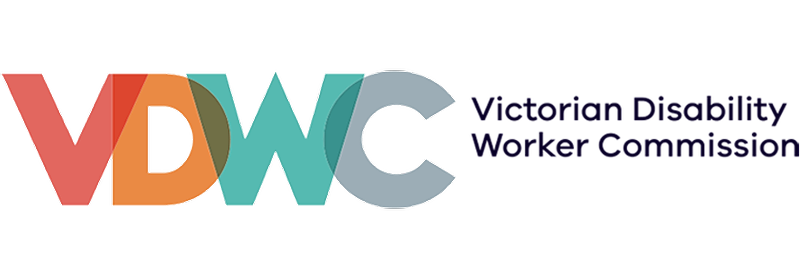First Aid and CPR Certificates
Make sure your First Aid and CPR certificate counts!
At the commencement of employment, you are mandated to supply a valid First Aid and CPR certificate. You will not be rostered for
any shifts without these certificates being on file. You are expected to maintain the renewal of these certificates as they expire
throughout your employment with LCS.
Please be wary of course that are delivered online. While First Aid and CPR were provided online during COVID-19 lockdowns, accredited courses are completed in person, so that you can complete an important practical component.
We will only accept certificates with a Registered Training Provider (RTO) with these specific course codes:
- HLTAID011 (First Aid and CPR combined)
- HLTAID009 (CPR renewals)
- HLTAID012 (First Aid and CPR for Childcare Workers)
- HLTAID014 (Advanced First Aid)
- AHPRA Registrations (CPR is included in all Nursing Registrations)
We have provided a list of commonly used RTOs in Victoria that provide these courses below:
If you live in rural areas, check with your nearest TAFE provider as they may also run regular accredited First Aid and CPR training.







